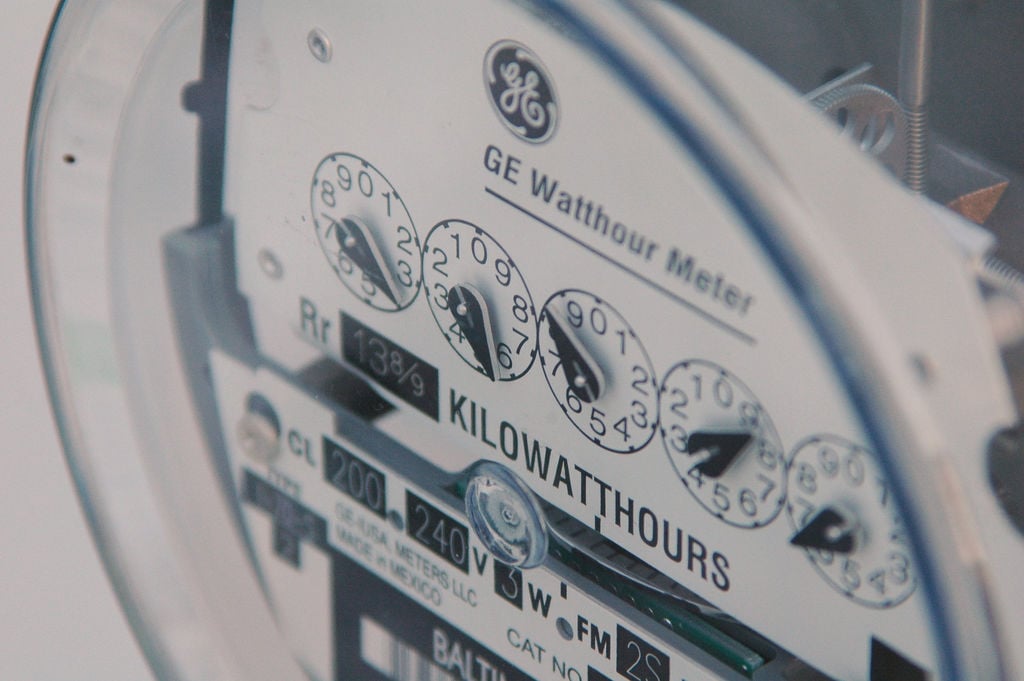Regulation watchdog Ofgem has published a call for input on the affordability and debt that surrounds the UK’s domestic energy retail market.
The organisation has said it is “concerned” about the impacts on consumers and potential impacts on the wider energy market as energy bills continue to be a financial challenge for UK households.
According to Ofgem, total energy debt and arrears in the UK have increased by approximately 50% from roughly £2bn to £3bn in the last 12 months.
The firm also said that the number of households in debt and arrears has risen from 1.9 million to 2.3 million during 2023 (an increase of 20%), and the amount of individual debt has increased at an even faster rate.
The call for input, which has marked May 13 as its deadline, seeks advice and knowledge from the likes of consumers, energy suppliers, consumer groups and charities, academics working on these issues, and debt management companies, particularly those with knowledge of debt management practices in other sectors and countries.
Ofgem’s findings, which motivated this call for input, are supported by recently published research from the independent charity organisation Citizen’s Advice.
The research, released in January 2024, revealed that, in 2023, 1.7 million people disconnected at least once a month, and 800,000 people went more than 24 hours without gas or electricity.
Moreover, it says that almost three million people live in households where they have skipped meals, cut back on food spending, or sold or pawned possessions in the last year to save money to keep their meter topped up.
The analysis also touches on energy debt, revealing that 5.3 million people currently live in households in debt to their suppliers.
Half (49%) of those in debt to their energy supplier have turned off the heating in their homes because they owe the supplier money for pre-existing bills.
Responding to Ofgem’s call for input, Energy UK’s deputy director, Daniel Portis, said: “Affordability remains a big concern for many customers and the energy sector itself – so this consultation is welcome. A sustained period of high prices means customer debt has risen to a record £3.1 billion and even with the respite provided by next month’s price cap fall, many customers will still struggle to afford bills higher than what had been the norm – let alone being able to pay down arrears.
“There is certainly broad agreement across the industry on the need for this but it will require all parties – including the Government as well as Ofgem, suppliers and consumer groups – to work together on detailed and workable solutions.”
What work is being done?
As is now confirmed by multiple reliable sources, affordability and debt in the domestic retail market are significant issues for UK households.
Ofgem’s call closely follows its announcement of the next quarter’s price cap, which was released on 23 February 2024. It confirmed that the 1 April to 30 June 2024 Default Tariff Cap will be set at £1,690 for the average dual fuel household paying by direct debit.
This marked the lowest price cap for two years since the onset of the energy crisis in October 2021.
However, despite being £238 lower than the current cap – set at £1,928 – fuel poverty charity National Energy Action pointed out that the cap still sits at over £400 a year more than before the energy crisis.
This issue has often been attributed to a reliance on fossil fuels and an inherent susceptibility to international wholesale markets.
On the same day as this announcement, the UK government revealed long-term measures aiming to help households save on their monthly energy bills.
These measures include examining how standard energy deals should work to pass on the cheapest electricity costs, as well as £10 million in funding for companies to test new technologies and tariffs with their customers to make the most of cheap, low-carbon power.
Eight suppliers, covering nearly two-thirds (60%) of the market, have signed up thus far, including E, E.ON, Good Energy, Octopus, Ovo, Scottish Power, Utilita and Utility Warehouse.
Also, more than half of UK households already own smart meters, meaning they can access cheaper, off-peak energy tariffs, as well as saving up to £900 by charging an electric vehicle (EV) at home overnight with off-peak tariffs.





